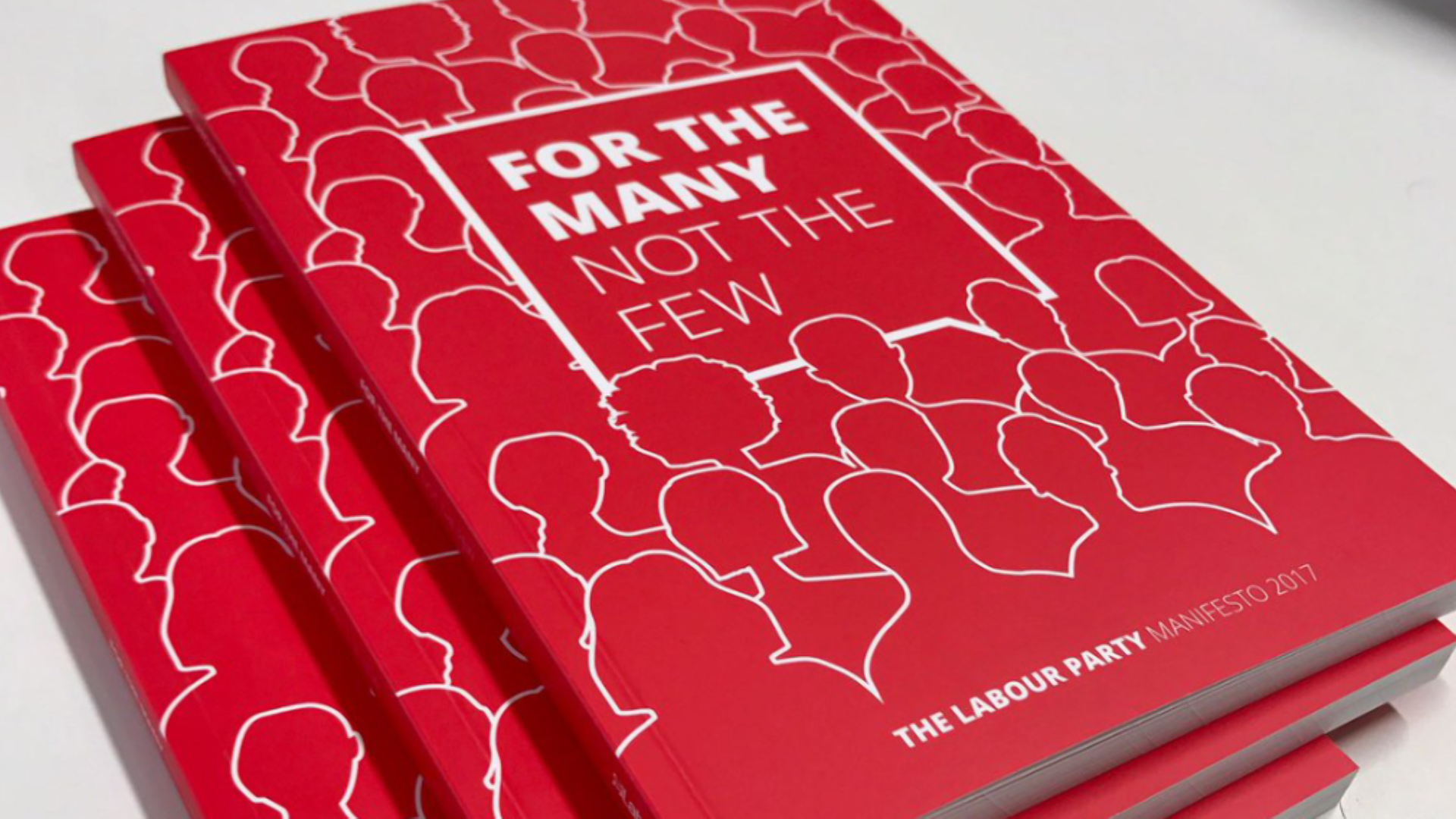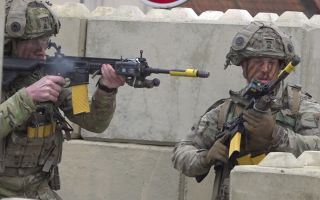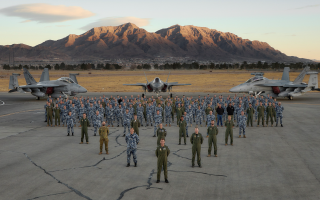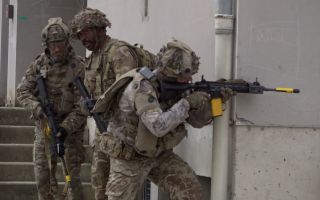ANALYSIS: Will Defence Remain Low-Key At The Labour Party Conference?
The Labour party annual conference started on Sunday 23 September (Picture: Labour Party/Twitter).
By Forces News Defence correspondent, James Hirst
The Labour party will debate defence and foreign affairs at its conference in Liverpool on Tuesday afternoon.
Much of the two-and-a-half hour session will be given over to ordinary Labour members to make contributions from the floor.
There will also be set piece speeches from the Shadow Foreign and Home Secretaries, but the Shadow Defence Secretary is notably absent from the speakers' list for ‘Security at home and abroad’.
It’s the second year in a row that Nia Griffith has been denied a platform on the conference stage.
Organisers said they reduced big-name speeches across the four days to allow more grassroots members to take part.
Defence has been a flash-point at some recent conferences, but it is more likely to remain low-key this time.
The big difficult questions here are about Labour’s strategy on Brexit, how it tackles the anti-semitism, and changes to its own rules for selecting prospective MPs and the party leader.
Those will take attention away from the divisions that still exist in Labour on defence.
But these differences have also, for many, been put aside in the last couple of years.

When last year’s snap election was called, Labour was in the middle of a defence review, but had to produce a manifesto with Jeremy Corbyn’s name on it that managed to largely satisfy the range of voices in the party.
Its defence policy states commitments to NATO alongside those to conflict resolution, and counterpoints promises of interoperability with allies for fighting with pledges to build UN peacekeeping.
The big sticking point has been Britain’s nuclear deterrent, with Jeremy Corbyn a lifelong opponent.
But the party’s policy remains in favour of Trident, and the leaders - who are personally at odds with that - seem keen to show they have genuinely accepted it.
The Shadow Chancellor, John McDonnell, told ITV’s Good Morning Britain that "it will be a decision of the government in the future, when a Labour government comes to power, about how and if that was ever used.
"I have expressed my own personal view and, I repeat, I lost that debate, so democracy prevails and that would be the policy of the government itself."
But the divisions have not gone away altogether – on Monday night one frontbencher accused some of his fellow Labour MPs of being "unwavering and very vocal advocates of bombing".
Shadow justice minister Richard Burgon was speaking at a packed event organised by the 'Stop The War Coalition'.
Grassroots motions to the conference have not touched directly on UK defence policy, instead raising concerns about the war in Yemen and Israeli actions in Gaza.
But with a big chunk of time open to the conference floor, there may yet be some delegates who choose to break the de-facto ceasefire on Labour defence policy, and air their concerns.









